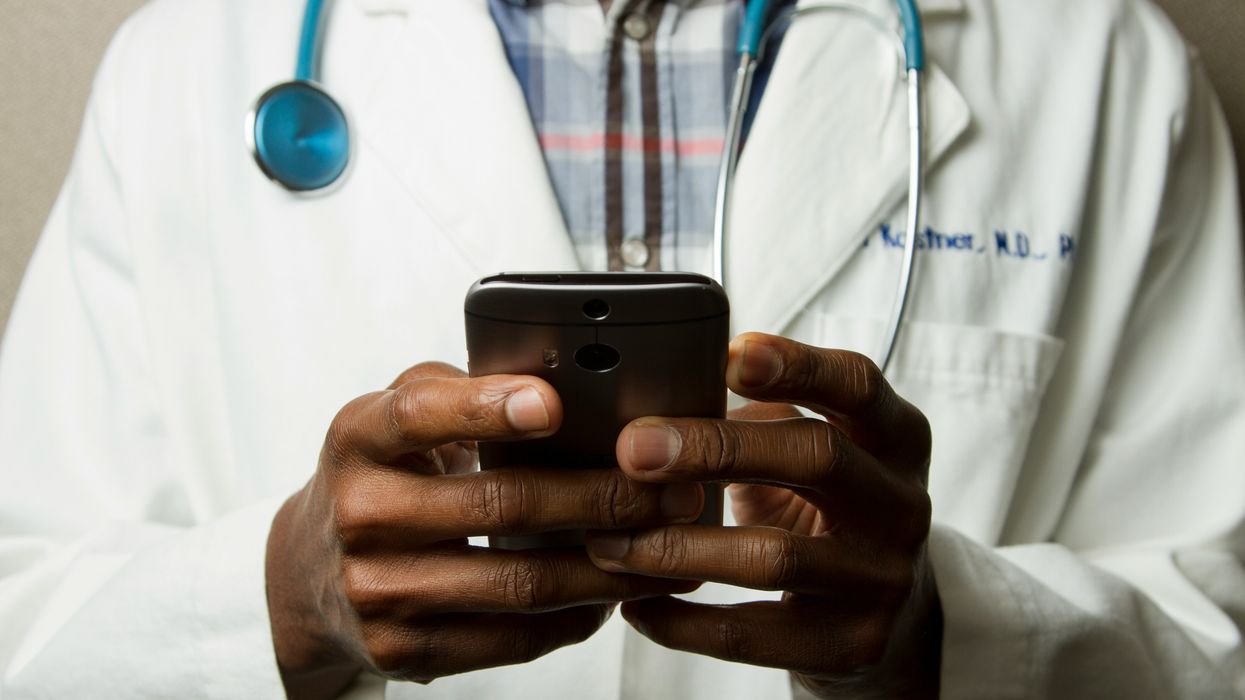The landscape of healthcare is undergoing a significant transformation, driven by the rapid expansion and innovation in telehealth services and digital health tools. These advancements are reshaping how patients receive care, offering more accessible, efficient, and personalized healthcare solutions. Here’s a closer look at how telehealth and digital health tools are revolutionizing remote patient monitoring and care.
1. Growth of Telehealth Services
The COVID-19 pandemic acted as a catalyst for the widespread adoption of telehealth services. According to a report by McKinsey & Company, telehealth usage increased 38 times from pre-pandemic levels . This growth is driven by the need for safe, remote access to healthcare and the realization of telehealth's convenience and efficacy. Telehealth services enable patients to consult with healthcare providers through video calls, phone calls, and even chat-based interfaces, eliminating the need for physical visits and reducing the risk of disease transmission.
2. Innovative Digital Health Tools
Digital health tools are at the forefront of this healthcare revolution, offering innovative solutions for remote patient monitoring. These tools include wearable devices, mobile health applications, and connected health platforms that track and transmit patient data in real-time. Devices such as smartwatches and fitness trackers monitor vital signs, physical activity, and sleep patterns, providing valuable data that can be shared with healthcare providers for continuous monitoring and timely interventions.
3. Chronic Disease Management
One of the most significant impacts of telehealth and digital health tools is in the management of chronic diseases. Conditions like diabetes, hypertension, and heart disease require regular monitoring and management. Digital health tools enable patients to track their health metrics from home and share this data with their healthcare team. A study published in the Journal of Medical Internet Research found that remote monitoring significantly improves outcomes for chronic disease patients, reducing hospital readmissions and improving quality of life .
4. Mental Health Support
Telehealth has also expanded access to mental health services, a critical need highlighted by the pandemic. Virtual therapy sessions, mental health apps, and online support groups provide patients with convenient access to mental health care. According to the American Psychological Association, the use of telepsychology has grown exponentially, with many patients reporting high satisfaction and improved outcomes .
5. AI and Machine Learning in Telehealth
Artificial intelligence (AI) and machine learning are playing crucial roles in enhancing telehealth services. AI-driven chatbots and virtual assistants can triage patients, provide initial consultations, and offer medical advice based on symptom checkers. Machine learning algorithms analyze patient data to predict health trends and recommend personalized treatment plans. This integration of AI improves efficiency and accuracy in patient care.
6. Regulatory Support and Future Prospects
The expansion of telehealth services has been supported by regulatory changes that make it easier for providers to offer virtual care. Governments and healthcare organizations are recognizing the potential of telehealth to improve access and reduce healthcare costs. The future of telehealth looks promising, with continuous advancements in technology, increased patient acceptance, and ongoing regulatory support.
The expansion and innovation in telehealth services and digital health tools are revolutionizing the healthcare industry. By providing remote patient monitoring and care, these technologies offer significant benefits, including improved access to care, better management of chronic diseases, enhanced mental health support, and more efficient healthcare delivery. As technology continues to advance, telehealth and digital health tools will play an increasingly vital role in shaping the future of healthcare.









 Karla Mingo believes that her greatest gift as a cancer survivor is the ability to live with gratitude and thankfulness.
Karla Mingo believes that her greatest gift as a cancer survivor is the ability to live with gratitude and thankfulness.



